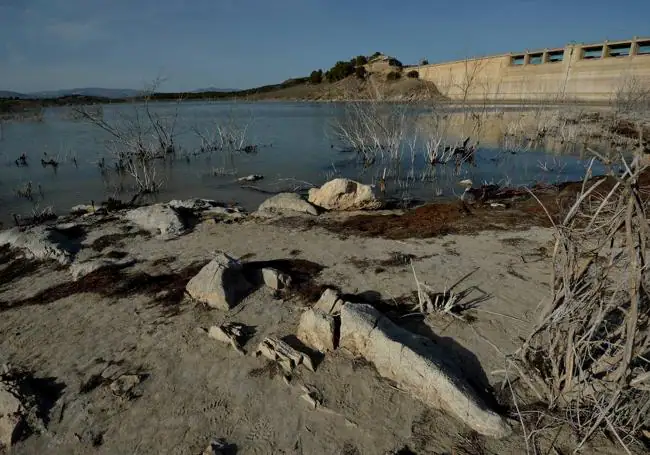A year ago, the Spanish government approved a hydrological plan to modernize the management of the country’s water resources until 2027, with a huge investment of around 23 billion euros. Teresa Rivera, Minister of Ecological Transition, emphasized that for the first time, these plans incorporate climate change scenarios in a consistent manner and set out ecological flows for all water bodies. Specific plans are also included for two internationally important wetlands, the Doñana Wetlands in southwestern Andalusia and the Mar Menor Lake in Murcia, both of which are at risk of ecological collapse and have been warned by the European Commission. Subject to notification. .
Since 1980, the average water availability in Spain has decreased by 12%, and it is predicted that by 2050 it could decrease by a further 14% and even an unthinkable 40% . “Relying on rain alone cannot guarantee the supply of water for drinking and economic purposes,” Rivera said in January last year. But why has it taken so long for the central government to accept this simple fact staring the country squarely in the face?
A World Resources Institute report released last year said Spain is one of 21 countries in the world facing “high water stress,” using between 40% and 80% of its water supply. Additionally, 22% of water is lost to leaks before it reaches consumers, based on 2018 and previous data compiled by EurEau, the European water utility association.
It is essential to significantly increase the use of recycled water and desalination plants (meeting European guidelines for discharged brine). And it is important not to overuse groundwater. Currently, a total of 40% of underground resources are poorly preserved.
However, water desalination is expensive and energy-intensive. In sunny Andalusia, it would make sense to build several major solar power plants. With drought threatening, the junta must consider how it can sustain the long-term water needs of the region’s population of 8.5 million people, plus 30 million tourists. During the 1995 drought, there was a lot of talk about preparing for the future. However, as it started to rain, the plan was scrapped in the nick of time.
In Malaga province, which includes the Costa del Sol, an inspection in October 2022 revealed that 50% of stored water supplies were lost due to leakage or theft. It is no exaggeration to say that the authorities are not involved. In Axarkia, the agricultural sector, which has already faced cuts in irrigation water since the summer, will have to reconsider whether it can continue growing water-hungry avocados and mangoes. And homeowners who live within sight of Africa will need to ditch their Scandinavian-style lawns.
